Foals and young horses: How much distance should we put between us?
During the foaling season, we often come across questions about foal handling: What should or should not be done?
Very often, foals are handled too much. They then start to take matters into their own hooves and can become overwhelming. It is therefore very important to be aware of this as if we are not careful, this can have a negative impact on the rest of the horse’s education.
Here are a few points we like to think about when handling our foals:
- You should be able to touch/handle your foal but it should not demand to be touched/handled.
- Foals can be curious but they should not come too close to you. You should take the last steps.
- A foal trying to bite you, your jacket or its mother’s blanket is very cute… but be careful not to let them. If a foal learns that it is ok to bite you, it will be very hard to teach it not to when he is older.
- Finally the golden rule: Teach your foal to respect you just as much as you want or expect older horses to. They can appreciate hugs and caresses but nevertheless need to respect the boundaries you give them.
Horses are gregarious animals: They live in herds. It is because we know that horses that have been disciplined by other horses are often the ones that do best around people that we chose to keep them in herds. The best teachers are other (older) horses.
If your young horse is respectful, a lot of your road together has been paved. A horse that decides to stay a few steps away to observe you will learn to come to you and trust you very fast. It will quickly then be ready to start learning more.
On the contrary, a horse that has always been too close and hasn’t learnt to respect you as a youngster will have to start to learn to go away from you and respect boundaries before it can learn anything else.



